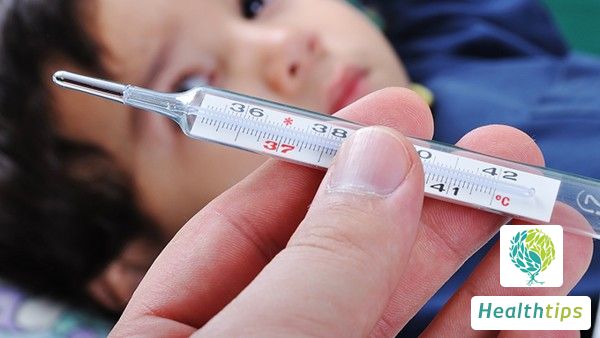Autism often occurs in infants and young children due to various reasons such as genetics, immune system abnormalities, abnormal development of the nervous system, and poor living environment. It is recommended to intervene and treat promptly after discovery.

1. Genetics: If there are patients with autism in the family, the possibility of their offspring having autism is higher than in normal families. If immediate family members have autism, the risk of their offspring having autism is higher than normal;
2. Immune system abnormalities: The presence of antibodies in the patient's body, such as 5-hydroxytryptamine and γ-aminobutyric acid, or binding to inhibitory T cells, leading to immune system abnormalities, can also increase the risk of autism;
3. Abnormal development of the nervous system: Abnormal brain development, such as widening of the gyri and deepening of the sulci, or sudden structural abnormalities of the brain, such as gray matter heterotopia and hippocampal atrophy, leading to abnormalities in neurotransmitters, can also increase the risk of autism;
4. Poor living environment: If the mother smokes, drinks excessively, or is exposed to toxic substances such as pesticides and chemicals during pregnancy, as well as being in a highly stressful environment for a long time, it can also increase the risk of autism;
5. Other reasons: Lack of parental companionship, attention, and insufficient companionship for children can also lead to psychological abnormalities in children, increasing the risk of autism. If children lack careful attention from their parents during growth, causing abnormal psychological development, it can also increase the risk of autism.
It is recommended that parents communicate and interact with children more in daily life, take children to participate in social activities more often, avoid being in a high-pressure environment for a long time, and let children maintain sufficient sleep, which can effectively prevent autism.

